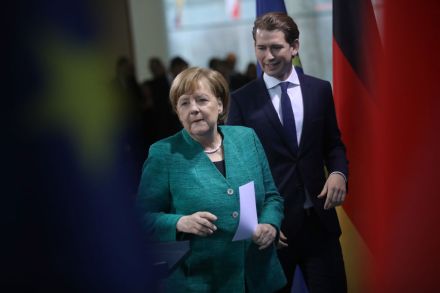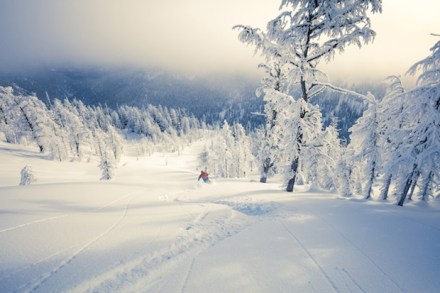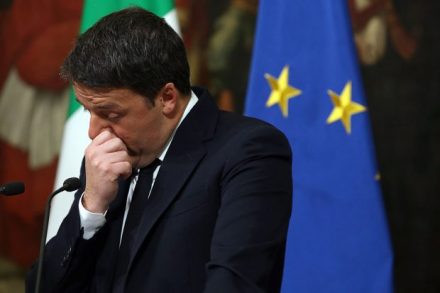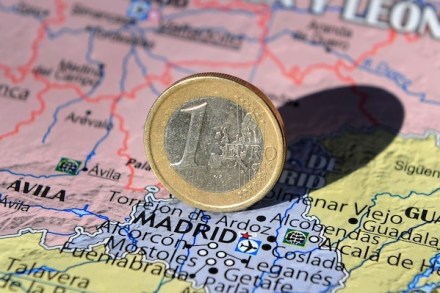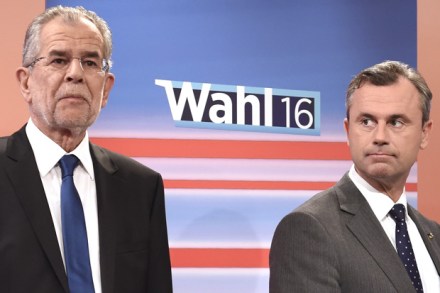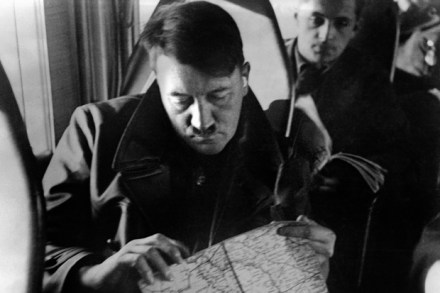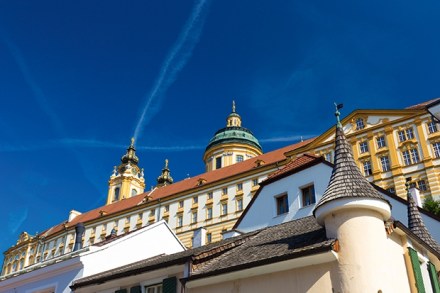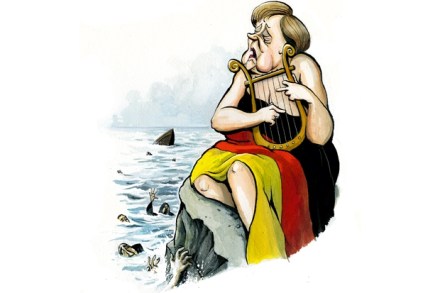Is Sebastian Kurz Germany’s most important politician?
Who is the most important politician in Germany? Angela Merkel? No, it’s the Austrian Chancellor, Sebastian Kurz. Merkel remains a colossus on the world stage, but domestically her power is much diminished. Meanwhile German eyes are on Kurz, the world’s youngest national leader, as he strives to bridge the gulf between centrists and populists – and between east and west. Despite their vastly differing ages (Merkel is 63; Kurz is just 31), the German and Austrian Chancellors actually have quite a lot in common. They’re both leaders of centre right parties in prosperous Central European nations, where immigration is a growing concern, and the far right is on the rise.
